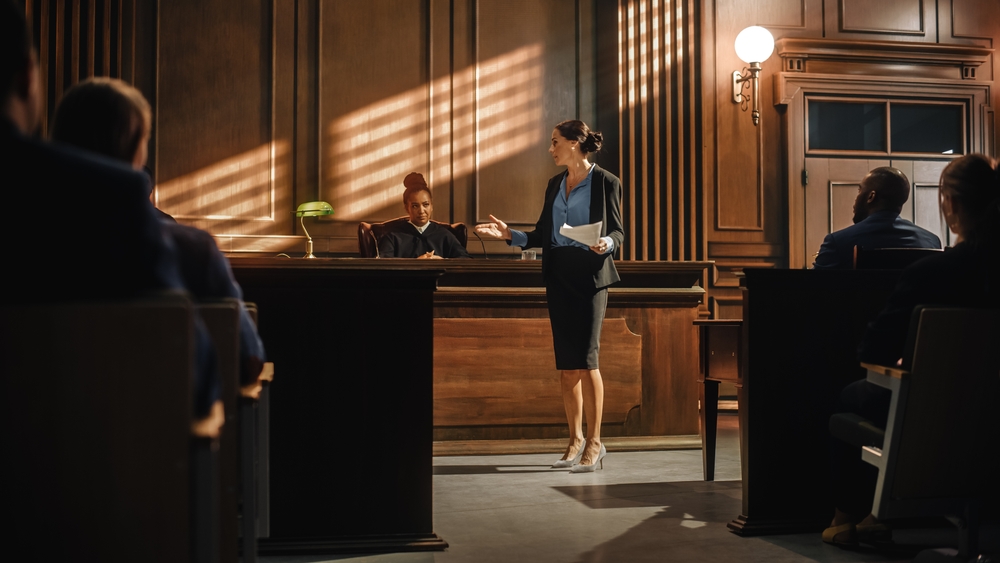Free Consultation
(314) 500-HURTI’m going to Mexico with my family for spring break in a few weeks and we are ready for our phones and computers to be
searched. I always assume my luggage is fair game, but I’ve been reading about U.S. Citizens being detained and ordered
to open phones.
Apparently Americans have to give broad access to phone and computer content (emails, texts and social media) when leaving
or returning to the U.S. On Saturday, Muhammad Ali Jr. was detained coming back to the country (and asked
whether he was a Muslim). Learn more
here. A U.S. born NASA scientist had his work
phone seized at the airport.
Can they do that? Yes. Border agents have broad authority to search without cause, and even more with a
little cause. Despite the recent attention – its not just our current president – 4,444 phones were searched at borders
in 2015.
The Fourth Amendment guarantees citizens the right “to be secure in their persons, houses, papers, and effects, against
unreasonable searches and seizures.” But searches at our international borders by customs officials without probable
cause and without a warrant are deemed “reasonable” by courts.
The border search doctrine also applies to stops and searches at the functional equivalent of a border (airplane or
boat) and applies equally to searches of persons and property exiting or entering America. A U.S. Citizen artist was
recently detained
for three hours in Arizona for sketching. An airport at which an international flight touches down is a border
under the law.
Searches and seizures of computers or phones at airports have been found to be constitutionally reasonable in many
instances, often as the subject of a routine border search not requiring reasonable suspicion of criminal activity prior
to acting.
And such a warrantless search does not violate the First Amendment’s guarantee of freedom of speech. The government’s
power is at its zenith at borders, so ten cuidado (be careful).
If you don’t surrender your passwords, you can be detained and they can copy your phone or hard drive. In one case –
taking a hard drive 150 miles from a border to be copied was not unreasonable. Click for the following opinions: U.S.
v. Bunty, 617 F. Supp. 2d 359 (E.D. Pa. 2008); U.S. v. Arnold, 533 F.3d 1003 (9th Cir. 2008); People v. Endacott,
164 Cal. App. 4th 1346, 79 Cal. Rptr. 3d 907 (2d Dist. 2008); United States v. Kim, 2015 WL 2160070 (D.D.C.
2015).
It seems unfair to not have these constitutional protections for citizens at our borders. Especially when this power is
not judiciously used.
I likely look too white to be vigorously searched. And if they do make me open my phone – they’ll only get pictures of
kids and dogs.
Founder | Injury Attorney
Gary Burger has dedicated his career to standing up against bullies. The founder and principal attorney of Burger Law | St. Louis Personal Injury Lawyer has helped hundreds of Missouri and Illinois individuals and families recover th …
Years of experience: 30 years
Location: St. Louis, MO

Similar Blog Posts

As we continue to see more and more of the environmental effects of climate change on the world around us, courts have also seen an increase in civil suits alleging that climate ...

Perjury occurs when a person makes a statement under oath while they know it is not the truth. Most perjury cases in Missouri happen when a witness tells a lie related to an invest...

When a personal injury attorney accepts a case, they intend to complete a claim and achieve the best possible outcome. Even so, circumstances often change, forcing an attorney to w...


521 W. Main Street Suite 201 O
Belleville, IL 62220
By appointment only
(618) 500-4878 GET DIRECTIONS
332 S Michigan Ave Suite 900
Chicago, IL 60604
By appointment only
(312) 500-HURT GET DIRECTIONS
100 Chesterfield Business Pkwy Suites 200-222
Chesterfield, MO 63005
By appointment only
(314) 648-8348 GET DIRECTIONSNO FEES UNTIL WE WIN YOUR CASE
We offer free consultations and are available 24/7 to take your call. Live chat, text, and virtual meetings are available.
or call us at